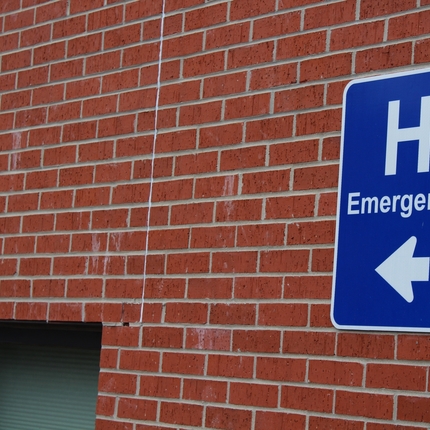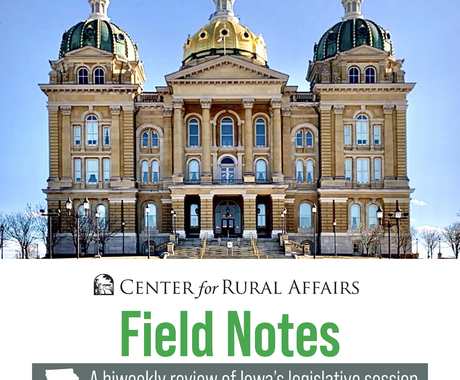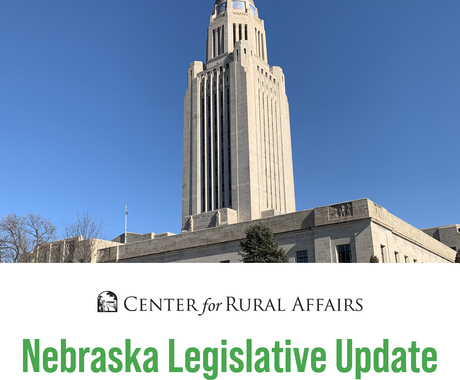By Jordan Rasmussen, former staff member
This November, voters in Idaho, Nebraska, Montana, and Utah will decide whether to extend health insurance coverage to a combined half million hardworking, low-income Americans. These people fall into the coverage gap – meaning they earn too little to qualify for subsidies to purchase coverage from the insurance marketplace and too much to be eligible for Medicaid.
This vote comes following months of signature collection and advocacy. Utah and Idaho gathered 147,000 and 60,000 signatures, respectively, to place the issue on their ballots. Montana voters will decide whether to permanently expand Medicaid for nearly a 10th of the state’s population, after expansion was piloted by the state legislature in 2015.
Initiative 427, as it will appear on the ballot in Nebraska, would extend Medicaid coverage to nearly 90,000, who earn less than $17,000 annually.
In Nebraska’s rural counties, an average 11.76 percent of employed residents are uninsured. This picture duplicates across America. Expansion of Medicaid to the rural population could have an impact on keeping rural hospitals and clinics open across the country, offsetting the costs of uncompensated care.
If these states pass their respective ballot measures, they would join 33 other states that have done so already. As voters head to the polls this November, their choices will have a profound impact for those who are working on farms, in rural nursing homes, or in local cafés, who still cannot access insurance coverage. Much weighs on this vote for residents, hospitals, communities, and these four states.




